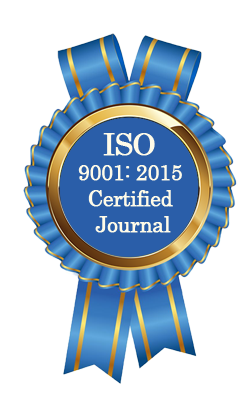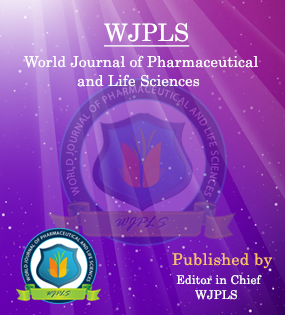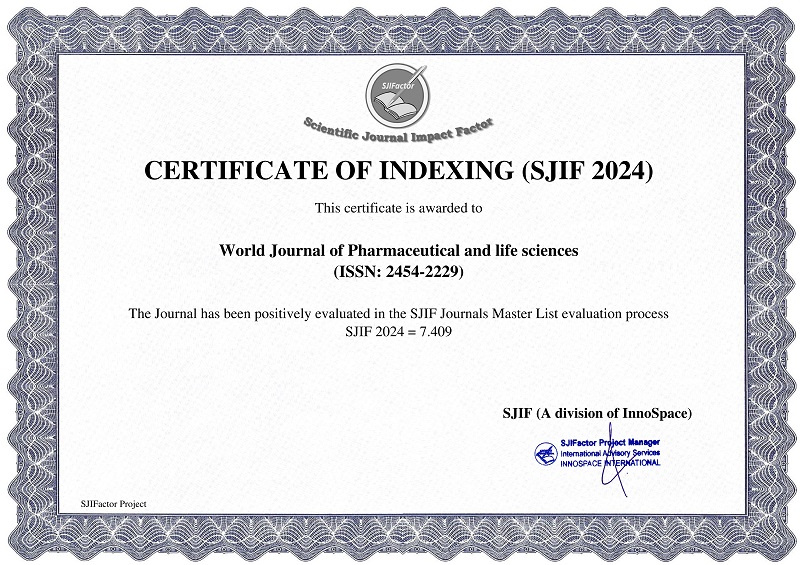Abstract
THE IMPACT OF STIMULANTS ON THE CARDIOVASCULAR AND METABOLIC RISKS IN ADULT PATIENTS WITH ADHD: EMPHASIS ON CHOLESTEROL PROFILE CHANGES
Dr. Adel Gabriel*, Moheb Basta and Mona Nematian
ABSTRACT
Objective: The objective of this study is to examine the impact of central nervous stimulants on the cardiovascular and metabolic risks in adult ADHD patients. Method: Participated in this study, consenting male and female consecutive outpatients with confirmed ADHD diagnosis. All patients received either amphetamine or methylphenidate stimulant treatments for 12 weeks. The primary outcome measure included the lipid profile measures. Other clinical outcome measures included; resting heart rate, systolic and diastolic blood pressure, weight, BMI, fasting glucose, and HBA1C. Cholesterol profile measures and other cardiovascular risk measures were gathered once before the stimulants were initiated and 12 weeks after continuous treatment. Symptom frequency changes were measured by completing the "Adult ADHD self report scale - ASRS-v1.1" before and 12 weeks after treatment. The study was granted approval by the Conjoint Scientific and Ethics Board at the University of Calgary. Results: The paired t test, was utilized to examine changes in cholesterol and other cardiovascular risk variables. After 12 weeks of stimulant treatment, there was significant reduction (p < .01) in the LDL-C measure but there were no significant decrease in any of the other lipid measures, there was significant decrease (p < .001) in weight, and in BMI. There were no significant changes in fasting glucose, or in HBA1C parameters. Employing ANOVA, there was significant (p< .001) decrease in the ASRS-vi.i, self report scale scores at 12 weeks. Conclusion: Stimulants used in adults with ADHD are associated with minor, but statistically significant and favorable changes in the LDL-C lipoprotein. However, there was no significant changes in the overall cardiac risk as measured by the Framingham Risk Score (FRS). It is concluded from reviewing literature that the overall cardiovascular risk seemed to be dependent on number of factors, including but not limited to, genetic, environmental, biochemical factors, as well as on the interaction with other disease status variables.
[Full Text Article] [Download Certificate]WJPLS CITATION 
| All | Since 2020 | |
| Citation | 590 | 424 |
| h-index | 12 | 10 |
| i10-index | 17 | 14 |
INDEXING
NEWS & UPDATION
BEST ARTICLE AWARDS
World Journal of Pharmaceutical and life sciences is giving Best Article Award in every Issue for Best Article and Issue Certificate of Appreciation to the Authors to promote research activity of scholar.
Best Article of current issue
Download Article : Click here





